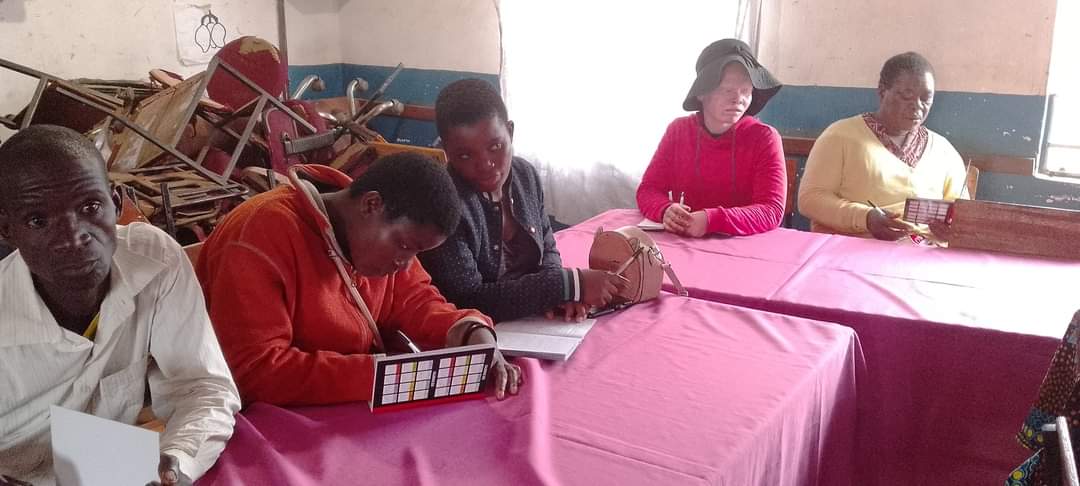By Burnett Munthali
On Sunday, February 23, 2025, a high-level Malawi Congress Party (MCP) caucus convened to assess the party’s future as the country approaches the September 2025 general elections.
During this critical meeting, party officials candidly acknowledged that the situation on the ground is dire, and the government is on the brink of collapse.
According to intelligence gathered by MCP operatives, the party is poised to lose the upcoming elections due to dwindling public confidence and dissatisfaction with the current administration.
Officials who have been engaging with communities across the nation testified that Malawians are increasingly disillusioned with MCP’s leadership.
Despite the large crowds that attend MCP rallies, party insiders admitted that these numbers do not reflect genuine loyalty.
Many attendees reportedly show up at political events out of curiosity or under social pressure, but their true political allegiance lies elsewhere.
Consequently, MCP strategists dismissed the large rally turnouts as a misleading indicator of actual support, terming it a flawed campaign approach.
The party has lost a crucial opportunity to retain power, a consensus that emerged strongly in the meeting.
As the exit door becomes more evident, members debated on how to navigate the transition and prepare for life after government.
Adding to the controversy, allegations surfaced that MCP had engaged in widespread political bribery, securing the loyalty of key figures in the judiciary, legal circles, and influential human rights activists to solidify its grip on power.
However, recent events—including the tragic death of Vice President Saulos Chilima—have dramatically altered the political landscape, derailing any prospects of MCP maintaining control.
Meanwhile, new political alignments are taking shape.
Notably, a contingent of CCAP pastors traveled from the central region to visit former President Professor Arthur Peter Mutharika in Mangochi, signaling a shift in political loyalties.
Originally, 100 pastors were expected to make the journey, but logistical constraints limited the group to 70.
However, the strong turnout underscored growing support for Mutharika, particularly among those who previously backed Chakwera’s government.
This realignment raises a fundamental question:
Why are people from the central region turning their backs on President Chakwera?
Sources close to the MCP caucus revealed several key reasons.
First, the failure of government farming programs has left many rural communities struggling to sustain themselves, eroding confidence in MCP’s agricultural policies.
Second, the acute shortage of essential medicines in public hospitals has deepened frustration, as citizens are unable to access basic healthcare.
Third, the relentless rise in the cost of living has hit Malawians hard, especially those in the central region.
Basic necessities have become increasingly unaffordable, pushing many to the brink of economic despair.
In urban centers like the capital city, even middle-class citizens are struggling to secure daily meals.
A new trend has emerged in local markets, where individuals purchase already-cooked relish while separately buying maize flour to prepare their meals.
This survival tactic underscores the economic hardship that has gripped Malawi under the current administration.
Disillusionment with President Chakwera’s leadership is at an all-time high.
Many citizens now perceive his presidency as a failed administration, lacking decisive leadership and a clear economic vision.
The need for a leader with a firm grasp of economic fundamentals, experience, and the courage to make bold decisions has never been more pressing.
As September 2025 approaches, the political tides are shifting, and the central region—once considered an MCP stronghold—is now a battleground.
Whether MCP can recover lost ground or if Mutharika and the opposition will seize this moment remains to be seen.
However, one thing is certain: Malawians are ready for change, and the political landscape is set for a major transformation.




